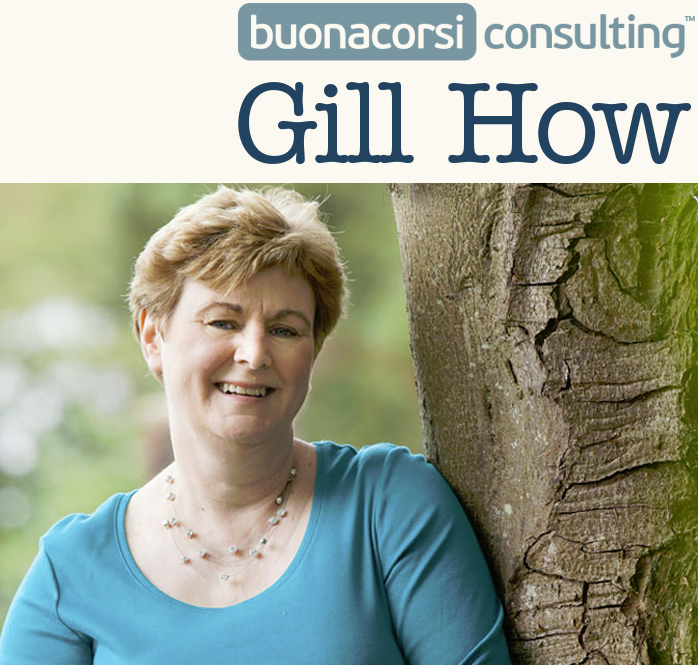Recently I was a guest speaker on a panel at the Women in Sales Awards Judging Day. Our topic was learning from setbacks. Together with the fantastic other speakers, the moderator and of course all the finalists themselves, we surfaced understanding about what this might mean in a sales context.
The first thing we asked ourselves is, what is a setback? I must admit the very first place my mind goes to is to see a setback as a failure; a personal one at that. It became clear I am not the only one to do this. However we all know there are a vast number of reasons for having a setback in sales – missed targets from a change in context, for example, Brexit, your client priorities, a competitor with a new offer. You know what it might be in your world of selling.
I also strongly believe that sales is always a team sport – the salesperson may be visiting the customer on their own but they are not a solo. The salesperson is as good as the information they have from their sales support team, bid writers, sales manager, technical staff and many other parts of their business.
Nevertheless there is a place for examining our own part in a setback – what else could we have done differently to anticipate, skill or equip ourselves and our team to handle the unexpected challenge and change. Our job is then to embrace this change, work with it, engaging with the flow rather than pushing against it.
If we reframe a setback as an unexpected or unanticipated challenge … these steps may help us embrace reality and get back on track effectively:
- REMEMBER– a setback is not the same as a failure
- GAIN PERSPECTIVE – consider your bigger picture (business context) – there may be many factors at play
- REFRAME – change your perspective to see a setback is unexpected or unanticipated challenge
- ASK FOR HELP – identify support which can help you and the team get back to speed quickly, ready for the next priority.
Some of us, possibly particularly women, think when something goes “wrong”, we are somehow the cause. The setback is something we did, by ourselves, and our fault.
In most cases this is highly unlikely to be true.
Setbacks always happen in a context. Take your part in being the best you can be, honest about both your strengths and business critical weaknesses, however pay attention to context, team, support and ACTION.
When a setback happens, it’s time to say hello to the world, get back on track and embrace the unexpected change.
Gill How loves to turn round thinking to enable leaders, managers and sales professionals to stretch and grow. Get in touch if you would like to your sales team or organisation to meet new goals with the help of her highly skilled challenge and fresh perspective. Gill can support you in a variety of ways – training, coaching and consultancy – tailored both to your budget and business priorities.
If you like this post, and want more, sign up to Gill’s monthly newsletter here:
Photo Credit: Martin How, taken at Wadi Rum.





